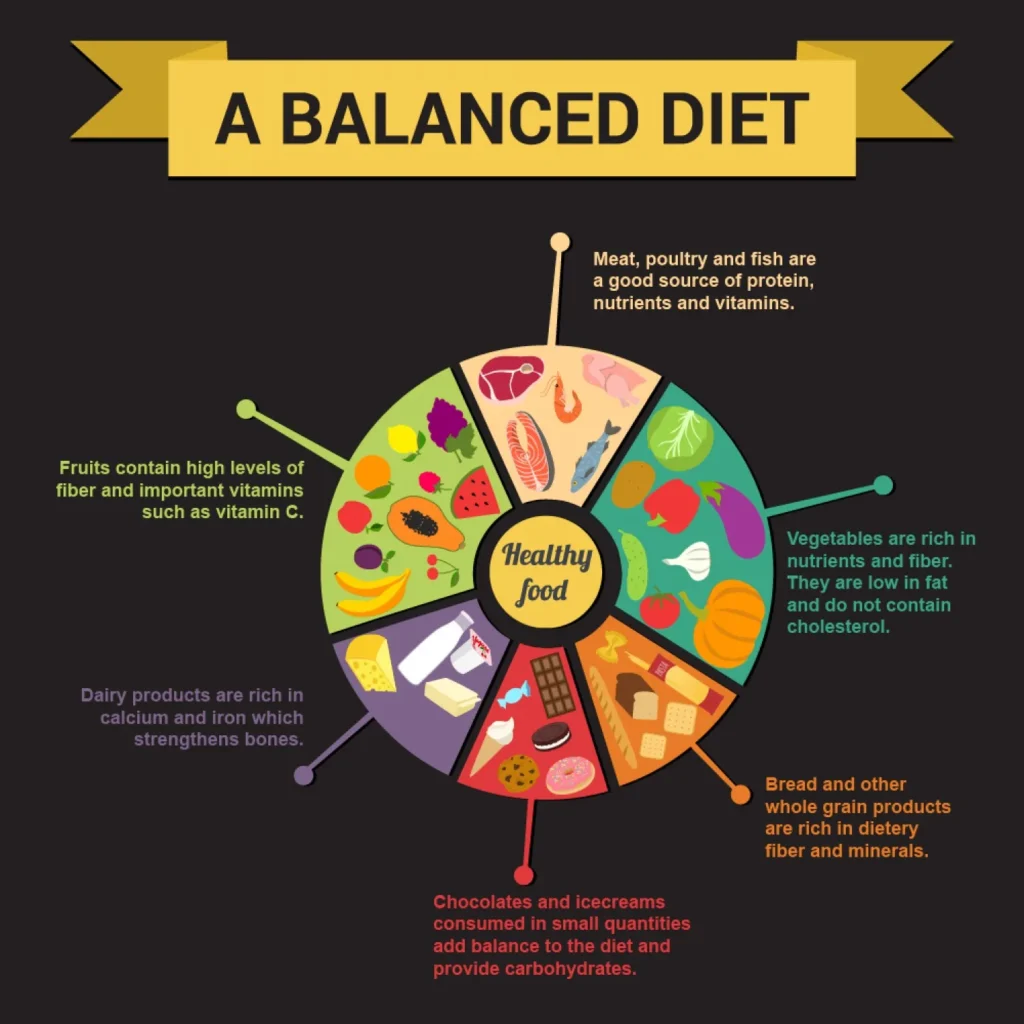Maintaining a balanced diet is essential for overall health and well-being. A balanced diet provides the necessary nutrients, vitamins, and minerals that our bodies need to function properly. It also helps in preventing chronic diseases, managing weight, and improving energy levels. However, with so many fad diets and conflicting information about nutrition, it can be challenging to know what exactly constitutes a balanced diet. Here are some key tips to help you maintain a healthy and balanced diet.
1. Eat a variety of foods: One of the most important aspects of a balanced diet is variety. Eating a wide range of different foods ensures that you are getting all the nutrients your body needs. Try to include fruits, vegetables, whole grains, lean proteins, and healthy fats in your meals.
2. Watch your portion sizes: Portion control is crucial when it comes to maintaining a balanced diet. Eating too much of even healthy foods can lead to weight gain. Pay attention to serving sizes and try to avoid eating out of large containers or bags.
3. Limit processed foods: Processed foods are often high in unhealthy fats, sugars, and additives. Try to limit your intake of processed foods and opt for whole, unprocessed foods whenever possible. This includes foods like fruits, vegetables, whole grains, and lean proteins.
4. Stay hydrated: Drinking plenty of water is essential for good health. Water helps to regulate body temperature, aid digestion, and transport nutrients throughout the body. Aim to drink at least eight cups of water per day, and more if you are active or live in a hot climate.
5. Practice mindful eating: Mindful eating involves paying attention to your food and eating slowly to fully enjoy and appreciate your meals. This can help prevent overeating and promote better digestion. Try to eat without distractions, such as watching TV or using your phone.
6. Plan ahead: Planning your meals ahead of time can help you make healthier choices and avoid last-minute fast food or unhealthy snacks. Try meal prepping on the weekends or creating a weekly meal plan to stay on track with your diet goals.
7. Listen to your body: Pay attention to your hunger and fullness cues. Eat when you are hungry and stop when you are full. It’s important to listen to your body’s signals and not rely on external cues, such as portion sizes or meal times.
In conclusion, maintaining a balanced diet is essential for overall health and well-being. By incorporating a variety of foods, watching portion sizes, limiting processed foods, staying hydrated, practicing mindful eating, planning ahead, and listening to your body, you can achieve a healthy and balanced diet. Remember, a balanced diet is not about restriction or deprivation, but about nourishing your body with the nutrients it needs to thrive.


